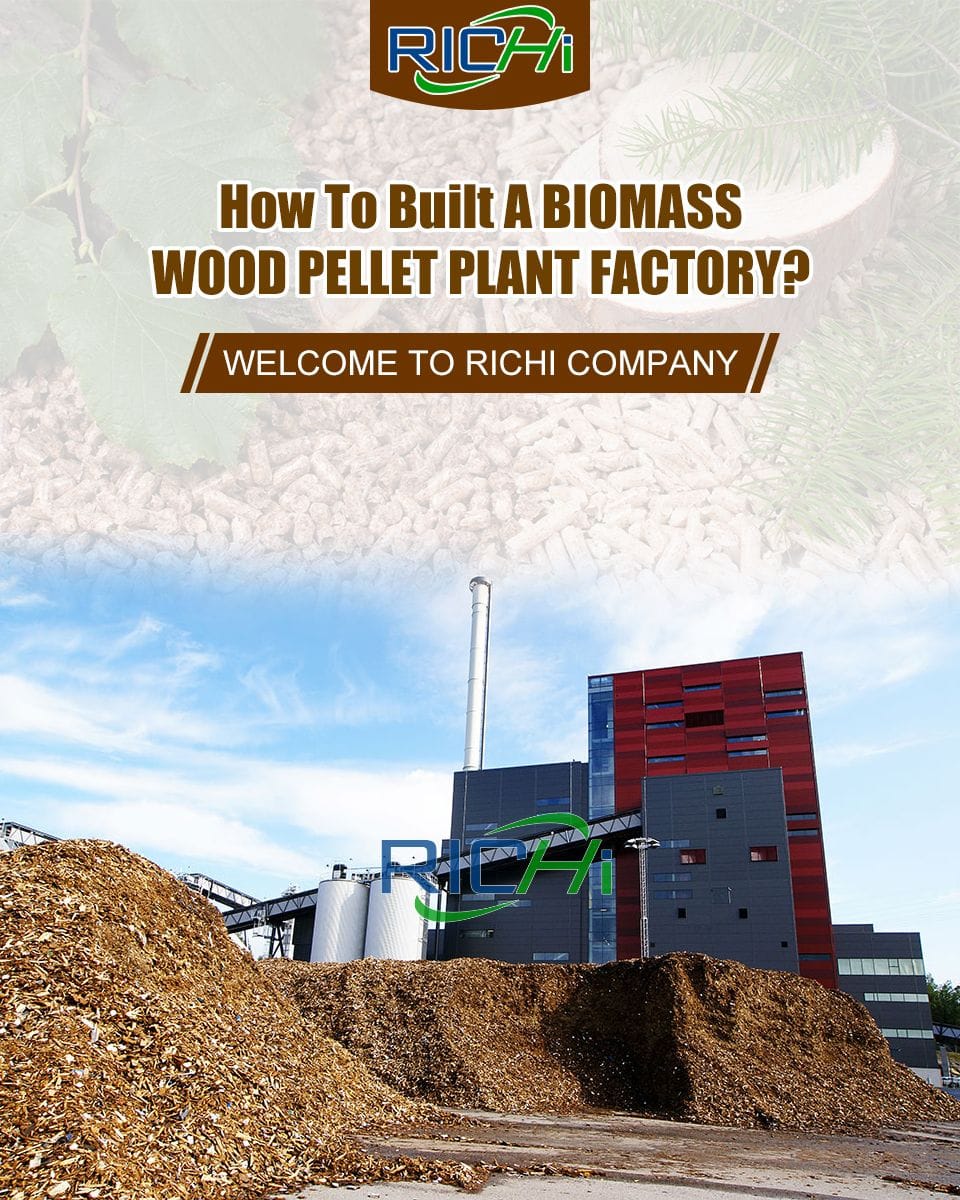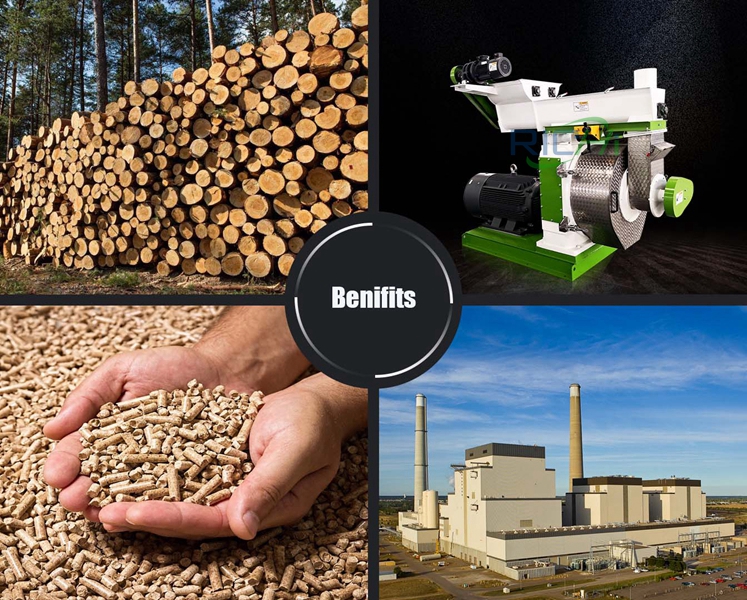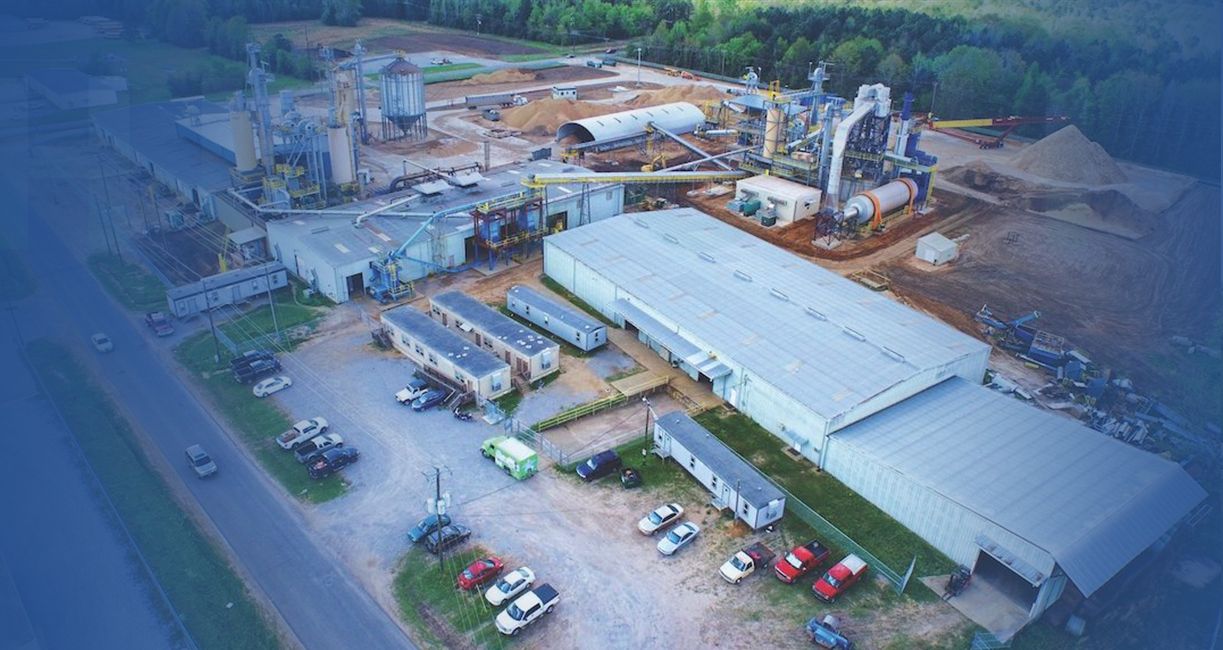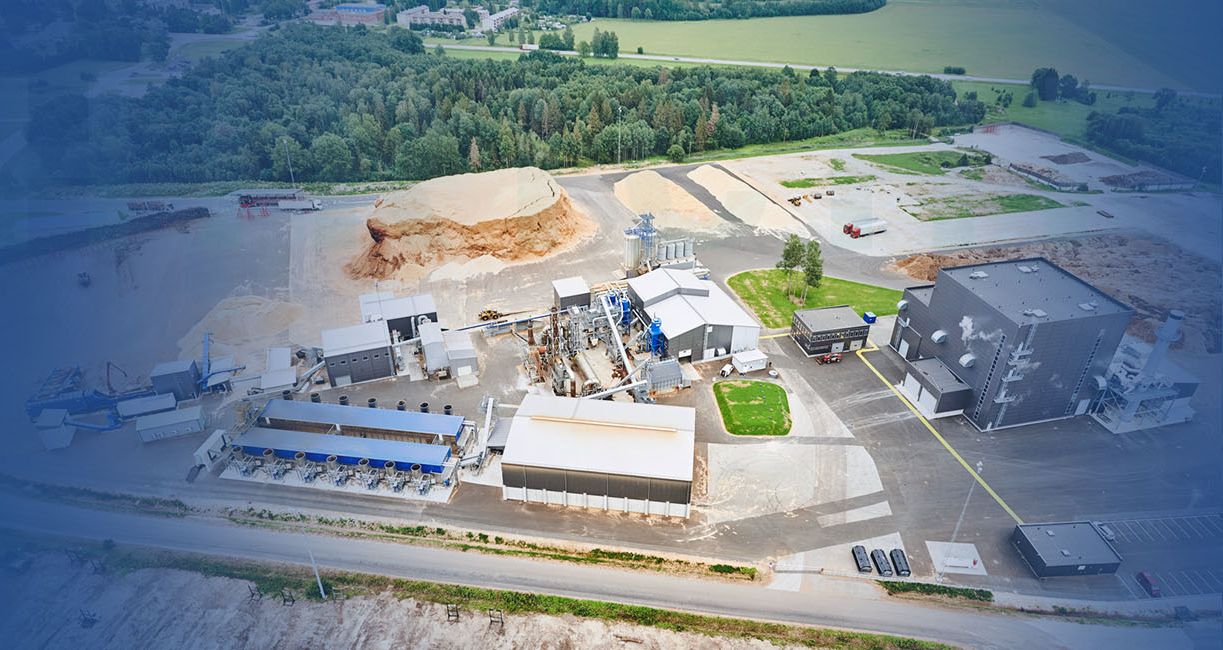===
In a world where environmental sustainability is becoming increasingly important, the future of energy lies in renewable sources. One such source that is gaining traction is biomass pellets. These pellets, made from organic materials such as wood, sawdust, and agricultural residues, are a clean and efficient alternative to traditional fossil fuels. But what exactly goes into the cost of starting a biomass pellet project? Let’s break it down and see how investing in biomass pellets can fuel a greener future!
The Future of Energy: Biomass Pellets
Biomass pellets are a promising renewable energy source that offers a sustainable and eco-friendly way to meet our energy needs. By using organic materials to produce heat and electricity, biomass pellets help reduce carbon emissions and combat climate change. As more and more countries commit to reducing their reliance on fossil fuels, biomass pellets are increasingly seen as a key player in the transition to a cleaner energy future. (Related post: biomass pellet project cost)
Breaking Down the Cost of Biomass
When it comes to starting a biomass pellet project, there are several factors that contribute to the overall cost. These include the price of raw materials, equipment and machinery costs, labor expenses, transportation fees, and maintenance costs. By understanding these different elements, project planners can better estimate how much it will cost to get their biomass pellet operation up and running.
How Much Does a Biomass Project Cost?
The cost of a biomass project can vary depending on the scale and scope of the operation. Small-scale projects may cost anywhere from a few thousand dollars to tens of thousands, while larger commercial projects can run into the millions. Factors such as the size of the facility, the type of equipment used, and the availability of raw materials all play a role in determining the overall cost of a biomass project.
Budgeting for Biomass Pellets
Budgeting for a biomass pellet project requires careful planning and consideration of all the costs involved. Project planners must take into account not only the initial investment needed to set up the operation but also ongoing expenses such as maintenance, fuel procurement, and labor costs. By creating a detailed budget that takes into consideration all of these factors, project planners can ensure that their biomass project stays on track financially. (https://www.richipelletmachine.com/biomass-pellet-project-cost/)
The Economics of Biomass Fuel
While the upfront costs of starting a biomass pellet project may seem daunting, the long-term economic benefits can be significant. Biomass pellets are a cost-effective fuel source that can help businesses and homeowners save money on their energy bills. Additionally, biomass pellets are a stable and reliable energy source, making them a smart investment for those looking to reduce their carbon footprint and lower their energy costs.
Investing in a Greener Future
Investing in biomass pellets is not just good for the environment – it’s also a smart financial decision. As governments and businesses around the world continue to prioritize sustainability and renewable energy, the demand for biomass pellets is expected to rise. By getting in on the ground floor of this growing industry, investors can position themselves for long-term success and contribute to a greener, more sustainable future for all.
Cutting Costs with Biomass Pellets
One of the key advantages of biomass pellets is their cost-effectiveness. Compared to traditional fossil fuels, biomass pellets are often cheaper to produce and can help businesses and homeowners save money on their energy bills. By investing in biomass pellets, companies can reduce their reliance on expensive and polluting fossil fuels, all while enjoying significant cost savings in the process.
Biomass Pellets: Worth the Investment
For those looking to make a positive impact on the environment while also saving money, biomass pellets are a worthwhile investment. Not only are biomass pellets a clean and renewable energy source, but they also offer a reliable and cost-effective alternative to traditional fossil fuels. By making the switch to biomass pellets, businesses and homeowners can reduce their carbon footprint, lower their energy costs, and help build a more sustainable future for generations to come. (Related post: biomass pellet plant)
Crunching the Numbers on Biomass
When it comes to investing in biomass pellets, crunching the numbers is key. By carefully evaluating the costs and benefits of starting a biomass project, investors can make informed decisions about whether or not to proceed. While the initial investment may be significant, the long-term economic and environmental benefits of biomass pellets make them a sound investment for those looking to make a positive impact on the planet.
Making the Switch to Biomass Fuel
As the world moves towards a more sustainable future, biomass pellets are emerging as a viable and eco-friendly energy source. By making the switch to biomass fuel, businesses and homeowners can reduce their carbon footprint, lower their energy costs, and support a more sustainable energy system. With their cost-effectiveness, reliability, and environmental benefits, biomass pellets are a smart choice for those looking to fuel a greener future.
===
In conclusion, biomass pellets offer a promising solution to our energy needs while also helping to protect the environment. By understanding the costs involved in starting a biomass pellet project and the long-term benefits it can provide, investors can make informed decisions about whether or not to invest in this renewable energy source. With the potential for significant cost savings, reduced carbon emissions, and a more sustainable future, biomass pellets are certainly worth considering as a fuel of the future. Let’s continue to support and invest in renewable energy sources like biomass pellets to create a cleaner, greener world for generations to come.










